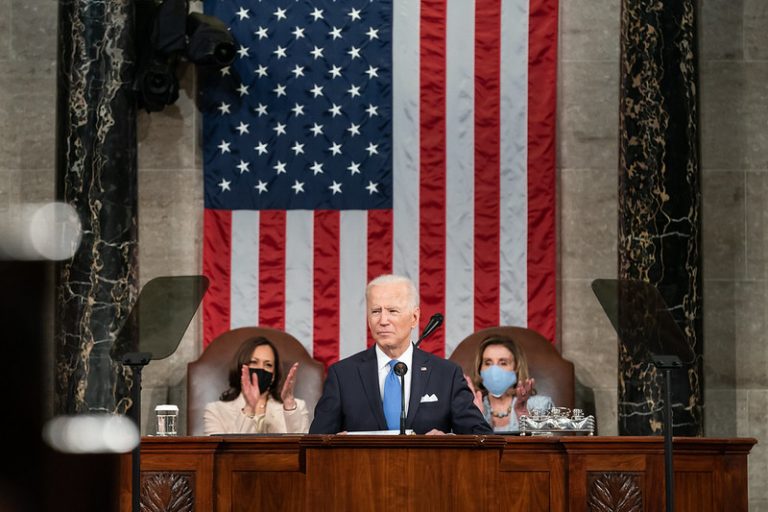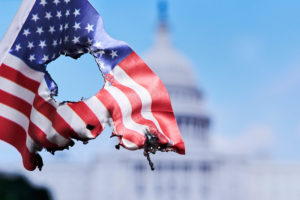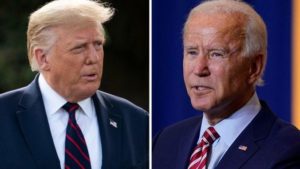Letter from La Vigie dated November 10th 2021

France in 2050
The news is always quick to emphasise the crises of the moment and the seemingly insurmountable challenges: let’s reverse the point of view and consider what assets France has at its disposal to still be what it is in 2050. The picture is less bleak than is often assumed.
To read the article, click here
The American question
Trumpism did not disappear after the last presidential election. Just as the Democrats refused to accept Trump’s victory five years ago, the Republicans refuse to accept Biden’s victory. He was badly elected and is struggling to implement his reforms and to unify the Democrats, divided between radicals and conservatives. A defeat in the next elections (mid-term, presidential 2024) is therefore highly likely. A second Trump presidency would deepen the fragmentation of the country.
To read the article, click here
Lorgnette: Forgotten Bosnia
Who still remembers Bosnia-Herzegovina? This small country, born in 1995 from the break-up of the former Yugoslavia, has never found a political balance. This meeting between a “Muslim-Croat federation” and a “Republika Srpska” has never worked. It is under the supervision of the European Union, which is no longer interested in it. So we see the Serbian leader gradually acting in favour of separation (and eventually the reunion of the Serbian part with Serbia in Belgrade). The population is talking about a possible return to war.
However, this does not worry the international community, especially Europe, which is content with a black hole in the Balkans and has no prospects to offer. The Union is struggling to promote a negotiated solution between Kosovo and Serbia. It is not even certain that a secession of the Bosnian Serb part would be violent. In fact, some may think that this separation is a logical option and that 25 years later, with the help of fatigue, what was considered inadmissible at the time is admitted. But this would open the Pandora’s box of border rectifications in Europe. Which it does not need.
Subscribers: click directly on the links to read online or download the pdf issue (here), always with your login/password. New readers: read the article by issue, by clicking on each article (€2.5), or subscribe (discovery subscription €17, annual subscription €70, orga. subscription €300 excl. tax): here, the different options.
JOCV
Photo credit : The White House

